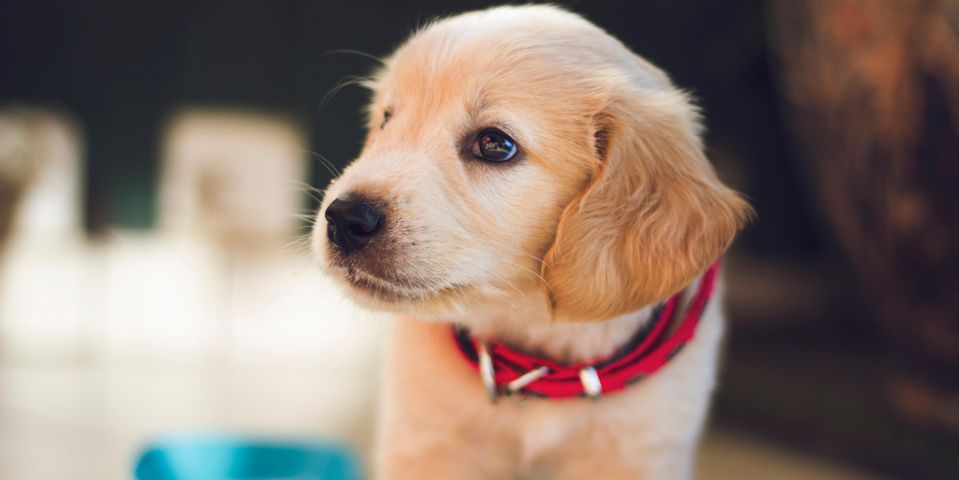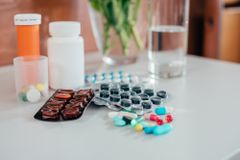
Pet owners do their best to promote the health and well-being of their cats and dogs. Unfortunately, curious pets can get into substances you might not even know are poisonous. March 17 to 23 is Pet Poison Prevention Week, and it’s an ideal time to learn how to keep your pet safe from harmful household items. If your pet ingests any of the following items, contact your veterinarian immediately.
5 Toxins to Keep Away From Your Pet
1. Household Chemicals
Some chemicals have an intriguing scent to animals, so it’s essential to always keep them stored out of your pet’s reach. Household cleaners, paint, automobile fluids, bleach, fertilizer, and detergents all present a hazard to your pet. Consider placing these chemicals in a utility closet, shed, or garage where curious pets can’t reach them.
2. Plants
Houseplants add color and life to the home, but pet owners should be cautious with what they bring home. Certain plants, such as lilies, aloe vera, azalea, jade, and tulips, pose a threat to pets. Make sure plants are safe before purchasing them. If you already own toxic plants, put them on a high surface or consider replacing them.
3. Human Medication
 Both prescription and over-the-counter medications made for humans can be dangerous to animals. Be careful not to drop or leave pills out in the open, and don’t give pets your medicine when they’re sick. Veterinarians recommend keeping all medication secured in cabinets or pantries that your pet can’t get into.
Both prescription and over-the-counter medications made for humans can be dangerous to animals. Be careful not to drop or leave pills out in the open, and don’t give pets your medicine when they’re sick. Veterinarians recommend keeping all medication secured in cabinets or pantries that your pet can’t get into.
4. Human Food
Most pet owners know to be vigilant about pets sneaking food from them. You should be extra careful about a few foods in particular, including chocolate, alcohol, raisins and grapes, garlic, and caffeine. Keep these items tightly sealed to ensure your pet doesn’t ingest them. As a general rule, don’t give your pets food unless you’ve confirmed their non-toxicity.
5. Pest Control
Homeowners with pests shouldn’t lay out traps in areas their pets frequent. Insecticides, rat poison, and bait traps are highly toxic to cats and dogs. If ingested, your pet may experience seizures, excessive vomiting and diarrhea, tremors, increased heart rate, and respiratory failure. Take your pet to the veterinarian if you notice any of these symptoms.
If your pet has consumed any of these items, contact the veterinarians at Makai Pet Hospital in Kailua, HI, for emergency services. This full-service animal clinic stays updated on the latest innovative treatments and uses state-of-the-art veterinary technology to give your pet the best care possible. They provide a variety of critical services, including pet dermatology and dentistry, vaccinations, and wellness exams. To schedule an appointment for your pet, call (808) 262-9621 or send a message online.
About the Business
Have a question? Ask the experts!
Send your question

